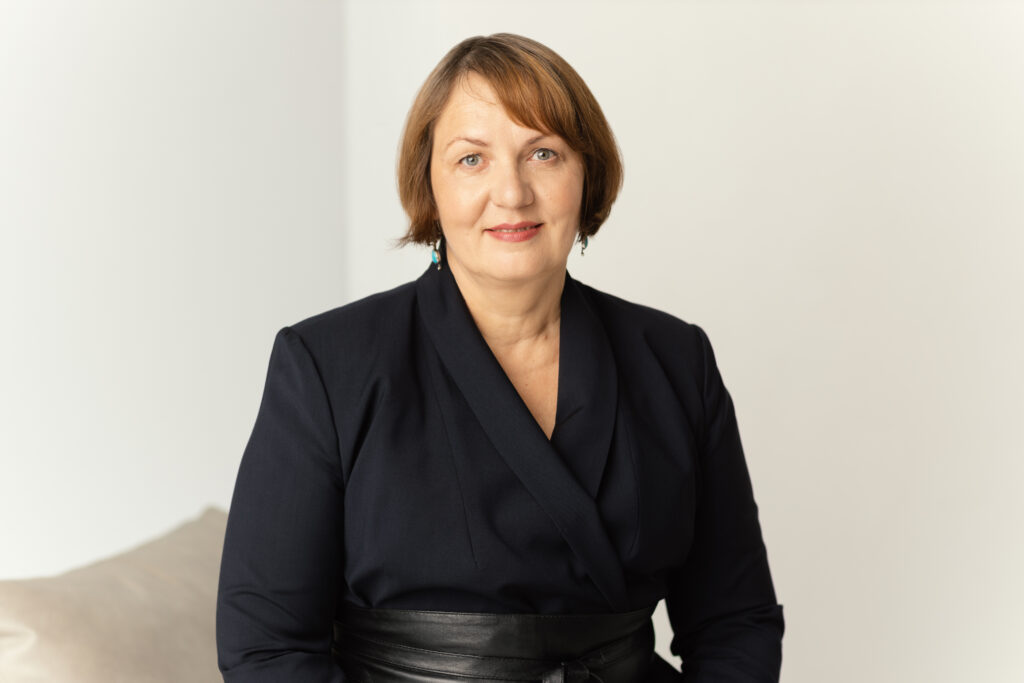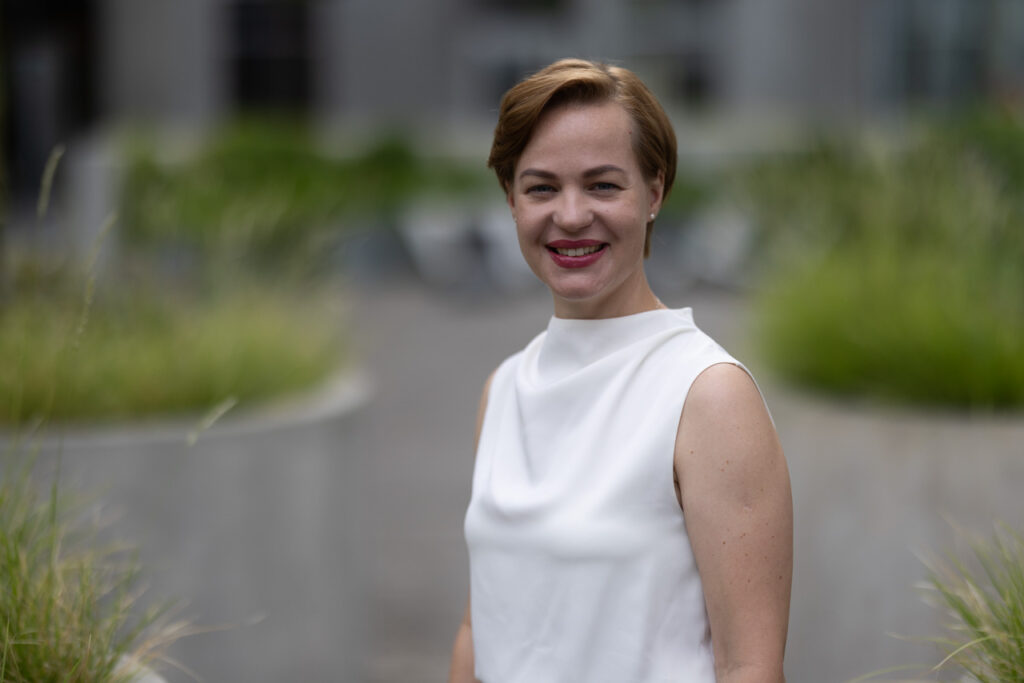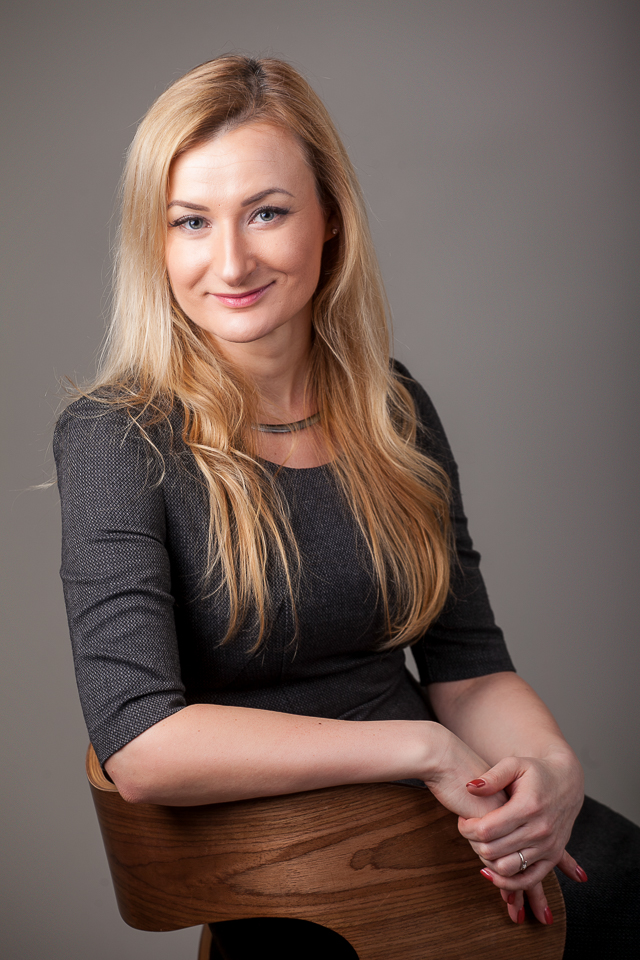Employer magic: what drives employee engagement and growth?
The lack of motivated staff has been a trend for many years. Labour market experts note that the worsening demographic situation in Lithuania is exacerbating this problem. However, some companies are able to find the impetus to grow in this environment. Businesses are successfully implementing programmes that increase employee engagement and thus change the whole culture of the organisation. However, practice shows that these changes take time and stubbornness.
“An engaged employee is not the same as a satisfied employee,” emphasises Diana Palivonienė, partner and consultant at OVC Consulting, which helps organisations change their culture and improve. She acknowledges that some companies perform well simply by ensuring sufficient employee satisfaction. Others go further than that – to ensure that employees are not only satisfied, but also engaged: that they feel ownership, take initiative, actively learn new things, see the meaning of their work clearly, and connect their future to the organisation they work for.
According to Palivonienė, numerous research studies confirm the correlation between employee engagement and productivity, as well as the long-term impact on better business results. Thus, engaged employees are a valuable asset to an organisation.
Their value is even greater when the whole sector or even the market is experiencing a shortage of engaged employees. For this reason, the consultant shares the view that you cannot hire an engaged employee, but that you have to develop him or her by gradually integrating him or her into the organisation and empowering him or her to be productive.

Change starts with research
According to D. Palivonienė, targeted efforts to increase employee engagement demonstrate the maturity of organisations and their orientation towards creating long-term value for customers, shareholders, employees and business partners. Of course, a business that consistently invests in its culture and employees also benefits directly, as engaged employees are more productive, more supportive of innovation and change, less likely to change jobs, and more likely to help the company attract new talent by providing positive feedback. All of this contributes to better profitability.
“To increase employee engagement, the first step is to measure it and know the level of engagement today. The findings and insights from the survey show priorities for improvement and growth. Measured engagement levels will then allow you to track changes in engagement based not only on intuition and experience, but also on concrete numbers,” notes D. Palivonienė, Partner at OVC Consulting.
The engagement survey provides information on both the level of engagement achieved and the organisational factors that determine it: supportive leadership, employees’ trust in their organisation, meaningfulness of work, an empowering work environment, recognition and growth. The results of the assessment of these factors help to inform the design of measures to increase engagement.
One of the largest business groups in the Baltic States – MV GROUP, which manages companies operating in 4 sectors, has been measuring its indicators for several years now, using the methodology developed by OVC Consulting, whose reliability and validity have been confirmed by scientific methods.
Recognition is important, but how to express it?
MV GROUP’s annual surveys show that employee engagement is consistently increasing year on year, but at the same time, there is a perception that the recognition aspect could be strengthened. This is the challenge set by the Group’s team of HR and communication specialists, who are implementing a strategic organisational change project – a values-based inclusive culture.
“The survey showed that we need to be more proactive in recognising employees so that everyone feels more strongly about their contribution to the overall performance and knows that this contribution will be appreciated,” says Rūta Urbytė, Head of HR for the Baltics and Poland at MV GROUP Distribution. She recalls that when talking about recognition, the consultants stressed the importance of middle managers, as it is their skills and direct interaction with employees – attentiveness, empathy, encouragement, support, etc. – that have the biggest impact on them.
To reinforce these qualities in the team, an employee awards project was created – 9 nominations that reflect the values of the group and encourage employees to see the changes they themselves are making.
The introduction to the awards was the premiere of the documentary film “Dreamers“, where the company’s employees were invited to watch the story of the company told by their colleagues on the screen – the journey from one small shop to one of the largest business groups in the Baltics.
“This year’s Dreamers, which brought the Group’s employees to the cinema, highlighted that colleagues are the main heroes of the business. They need to be visible. That’s why we announced award nominations for which anyone could nominate their colleagues,” shares R. Urbytė.

The numbers speak for themselves
The awards committee, made up of representatives from various MV GROUP companies, was overwhelmed by an impressive number of entries – more than 460. However, the jury members admitted that the judging process was one of the most enjoyable, with each application radiating positivity, sincerity and gratitude. This only goes to show that many of the Group’s employees admire the qualities of their colleagues, appreciate their competence and contribution, and thank them for their help.
The “Colleague of the Year” nomination was the most active, with 77 different colleagues nominating their colleagues by leaving sincere feedback, thanking them and describing why they deserve the impressive trophy of a bronze Doberman statue.
R. Urbytė said that it is gratifying that the employees of companies operating in all 4 sectors in Lithuania and abroad were actively involved in the nomination process. This shows that communication within the Group is working smoothly. “The growth of business results in our Group is unthinkable without the growth of people and culture,” summarises the HR Manager of MV GROUP Distribution.
Knowledge gained through training translates into successful practice
MV GROUP’s HR and Communications team agrees that the activity and sincere words of the employees are like the results of a kind of exam. Employee training, the internal MV GROUP Academy and many other initiatives ensure the development of teams. As a result, people working in the group remain open and receptive to new ideas, they create and support innovations.
“Awards provide an opportunity to pause and look back on the road we have travelled, to celebrate our achievements. Just a few minutes to notice and reflect on the good things can brighten up the working day and bring good emotions. Colleagues see how much their work environment and atmosphere depends on them and how it can be improved. This awareness is empowering,” says Urbytė. She concludes that the awards initiative has shown that a large proportion of employees easily recognise behaviours that are in line with the company’s values.
Changing an organisation’s culture is a test of patience and perseverance
The recent awards presented during the traditional summer celebration for employees are an important stop on a long journey. Vaiva Vaidelė, HR Manager at MV GROUP Production, calculates that more than three years of consistent values communication and training have already been dedicated to the Group.
“Positive change in an organisation’s culture is a long and difficult process, but determination and the will to win is a character trait of the group, which manifests itself in our own decisions and actions. So we rolled up our sleeves and worked very hard on communication to reach out to every employee, to connect with them,” says Vaidelė.
Today, she says, you can already see the results of the work that has been put in, although there are challenges in the company’s internal communication related to the company’s production activities. Everyone in their field – from production or warehouse workers to administrative staff – needs to speak a language they can understand, while at the same time maintaining the unity of the entire team. According to Vaidelė, the journey of change is a long one, but it is full of discoveries and is very interesting, and when the journey is sincere, it helps to understand and get to know each other better.
D. Palivonienė, partner at OVC Consulting, which advises MV GROUP, adds that cultural change in an organisation does not happen in a day or a week – it takes much longer to take root, so sometimes the impact of adapted measures or entire programmes can seem delayed. Therefore, the patience and perseverance of managers on the path of change in an organisation is crucial.

A new generation of champions: how do the best sommeliers grow up?

A new experience space opened in Šiauliai: stories about more than just beer in the renovated Gubernija visitor centre Gubernija HUB

An unexpected offer: let’s go to a play… in the factory yard!

